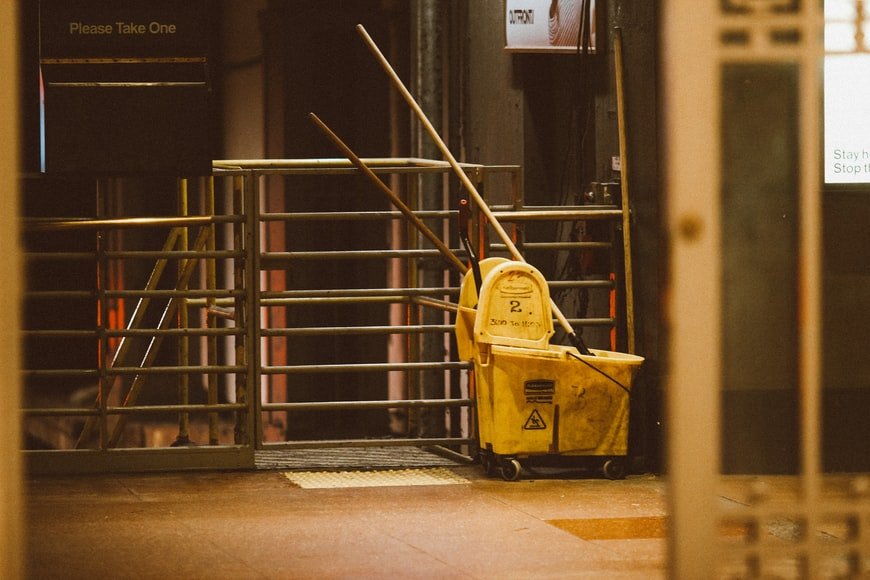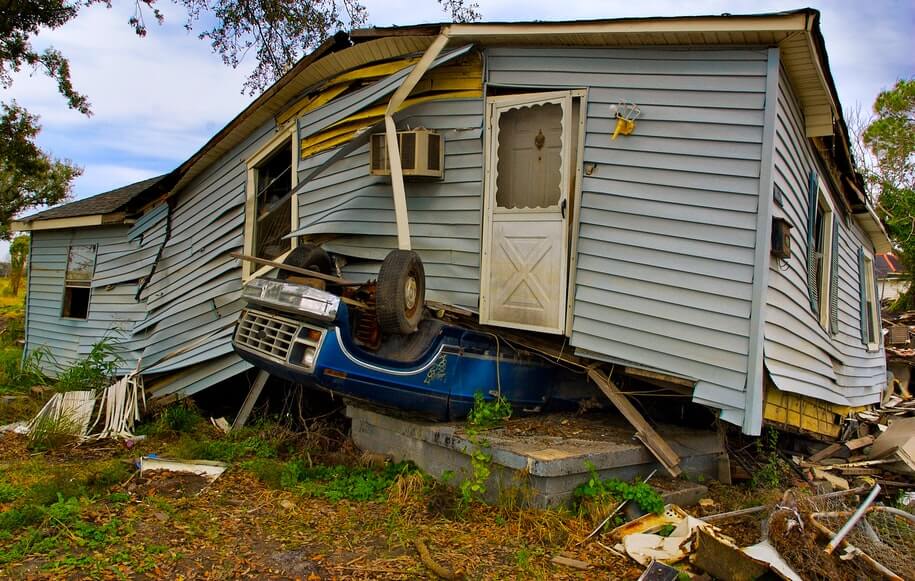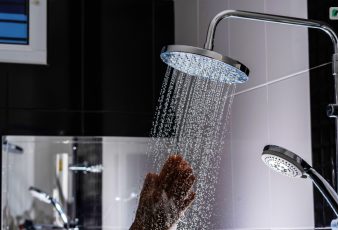A disaster can strike at any moment. It could be a house fire, an earthquake, or even just a spilled drink! If you’re not prepared for that type of emergency, then your life is going to be turned upside down, and it’s going to cost you more than just the cleanup.
In this article, we’ll discuss what disaster cleaning entails and when it might be necessary so that if the worst does happen, you know what to do next.
What is Disaster Cleaning

Disaster cleaning is a more advanced form of deep cleaning that you do to your home after something particularly messy and time-consuming has occurred. It’s more than just doing the dishes or changing your sheets; it’s about getting down into every nook and cranny, scrubbing until everything feels brand new.
You’re throwing out all predetermined notions of how much work goes into housework so that when disaster strikes (or even if it doesn’t), you know exactly what needs to be done next.
When Do I Need Disaster Cleaning

The best time to do disaster cleaning is when you know that something big will happen in your home. Maybe there’s a holiday like Christmas or Easter coming up, and you’re hosting dinner for all of your friends; perhaps it’s the end of the semester at school, and everyone has finals looming over their heads.
When one event ends, another begins, so if possible, try to schedule out this deep clean before any major events occur where everything else could get sidetracked by these unforeseen circumstances.
If an emergency does strike, then don’t fret. You’ve already done most of the hard work with this pre-emptive strike, so now all you need to do is follow through on what needs to be done next. Sometimes disasters can bring people closer together, so in a way, this type of cleaning can be fun and relaxing in the face of adversity.
Safety tips in deep cleaning
- Never try to clean up hazardous chemicals by yourself. If anything is flammable or explosive, then it should be left in the hands of professional cleaners and firefighters.
- Always read any warning labels on cleaning products before you use them, especially when dealing with something like oven cleaner, which can cause chemical burns if not used properly. You don’t want to end up accidentally poisoning yourself.
- Please wear old clothes that are okay to get stained because chances are they’re going to take a beating during this process. Safety goggles are also recommended as some household items contain harsh chemicals that could damage your eyesight otherwise.
- Always make sure that the space you’re working in is well ventilated because while some cleaning products are what will get rid of all those nasty smells, for good, others can cause problems if inhaled too much.
- Be aware of any cords or wires in the space you’re cleaning because water could cause electrical problems if they get wet. If there’s a chance for an electrical short circuit, then leave it to your local electrician.
Basic cleaning supplies
- For increased safety, wear gloves and safety goggles when cleaning up hazardous materials.
- Safety goggles- same reason as the gloves, these will also help reduce eye irritation if you’re dealing with harsh chemicals like oven cleaner or bleach.
- A dust mask- this one is optional, but it’s better safe than sorry when it comes to breathing difficulties caused by chemical exposure or even just all that dirt. You could always opt for a simple scarf instead if safety gear isn’t your thing.
- Rubber boots- cleaning up water can be pretty messy, so wearing rubber boots (or at least thick socks) can save both your feet and shoes from getting ruined. It’ll save time because you won’t need to stop and change your footwear if they get soaked.
- You can buy a bucket specifically for disaster cleaning or use any old container with a handle.
Potential Hazards when doing disaster cleaning
1) Chemicals
– Use caution when working with chemicals. Read all warning labels on cleaning products before use and wear gloves, safety goggles, and a dust mask if necessary for protection.-
2) Water
Keep an eye out for potential electrical hazards, and do not let water accumulate on the floor.
The flooring may become slippery if wet. Use caution when walking around to prevent fall injuries.-
3) Walls/Paint
Walls may become discolored or stained if exposed to water. Keep an eye on the walls while moving any furniture, and do not let standing water accumulate.-
4) Electrical
Keep an eye out for any exposed or damaged wiring while moving around furniture. Unplug appliances before cleaning if possible to avoid electric shock.-
Do not touch electrical cords with wet hands/feet as this may cause a short circuit, resulting in electrocution and fire hazards. Wait till the area is completely dry before using electricity again.-
5) Furniture/Fixtures
Large pieces of furniture may become warped or damaged if left to soak in water. Keep an eye on any large appliances such as washers and dryers that contain hazardous chemicals.
Conclusion
Deep cleaning might be a pain, but it’s necessary to get rid of all those nasty smells and prevent the spread of infectious diseases. Make sure you’re safe by wearing protective gear like gloves and safety goggles while using chemicals, and never work with them alone (especially if they’re flammable) because accidents can happen in a split second. It is also crucial to seek restoration cleaning services from a professional company if dealing with any water damage.
Read Also:




























